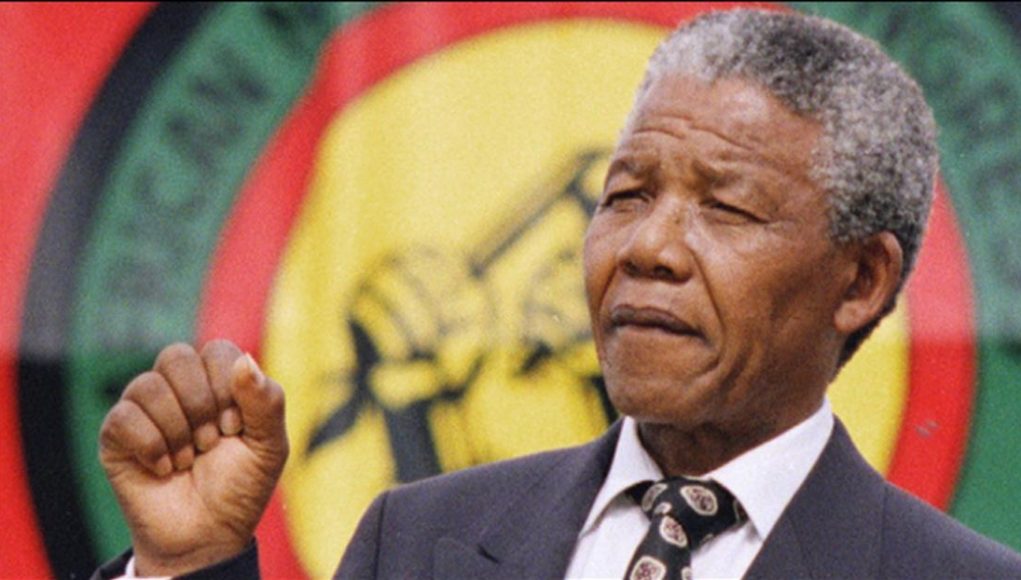This week marks the birthdays of both Ida B. Wells and Nelson Mandela. Although separated in age by 56 years and nearly 8,600 miles, with Wells in Chicago and Mandela in South Africa, the two are joined at the nexus of the fight for freedom and social justice.
Long before “Black Lives Matter” became a mantra, Wells was known as a crusader for justice. Traveling both domestically and abroad, she worked to raise awareness of the oppression facing African-Americans and was a fierce advocate of anti-lynching laws. Wells was a founding member of the National Association for the Advancement of Colored People (NAACP); the organization is celebrating their 108th anniversary this year. Today, the NAACP remains a leader in the fight for civil rights, working to ensure the political, educational, social, and economic equality of minority groups. Wells created a blueprint that many have used for guidance in understanding the role of an activist.
Building upon her foundation was Nelson Mandela, best known for his fight against South Africa’s oppressive system of apartheid, a government structure of political and social racial segregation that favored whites. Due to Mandela’s civil rights work — voting, housing, and the freedom to move freely throughout the country — he served 27 years of his prison sentence before international sanctions forced the country to end apartheid in 1994. Upon his release, he went on to be the first black president of the country.
Famously quoted in 1964, Mandela said:
“I have cherished the ideal of a democratic and free society in which all persons live together in harmony and with equal opportunities. It is an ideal which I hope to live for and to achieve. But if need be, it is an ideal for which I am prepared to die.”
His words and Wells’ blueprint together serve as a beacon that guides our community in the face of fear and injustice towards what is fair and just.
I live their work every day, persisting through the systemic barriers, to usher change to Milwaukee. You could question the success of Wells’ and Mandela’s fight knowing how difficult it is for African Americans living in Wisconsin, but when you understand the lessons of history, you learn that the victory may not benefit you directly, but those that will come after you.
You learn that change does not come without sacrifice or quickly, but it does come. You learn that some fights never end and that you must remain vigilant. As Ida B. Wells said, “There must always be a remedy for wrong and injustice, if we only know how to find it.”
I thank Ida B. Wells and Nelson Mandela for their example and teaching me to always look for the remedy.




























